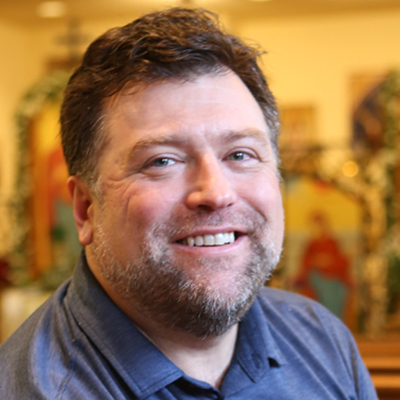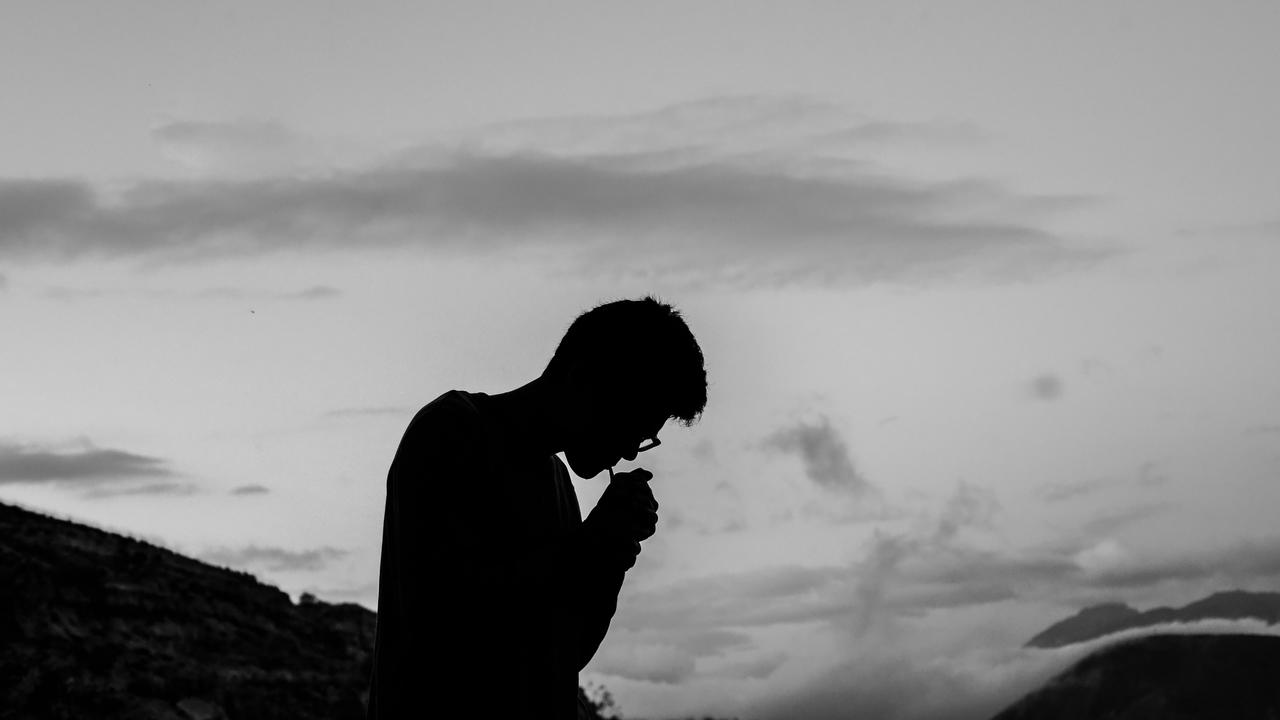Take me to “Restoring Your Marriage After Pornography”
By Gerry Crete, PhD
We live in an “addictive society.” People are addicted to their phones, to video games, to sex, to alcohol, to weed, to work, and the list goes on. However, Catholics may wonder what the difference is between simply a bad habit or vice and an actual addiction.
St. Thomas Aquinas defines vice (or a bad habit) as a behavior contrary to virtue and therefore contrary to reason and order. A bad habit is an established disposition to commit sinful acts. A person with a bad habit can still commit a virtuous act, but this does not in itself break the bad habit. One must cultivate a virtue for it to become an established habit.
An addiction is a clinical term that is sometimes described as a disease, and it occurs when a behavior or substance use becomes compulsive. The American Society of Addiction Medicine defines addiction as “a treatable, chronic medical disease involving complex interactions among brain circuits, genetics, the environment, and an individual’s life experiences.”
Consider Four Signs of Addiction
1) Addictions have a compulsive quality. If you have made many serious attempts to quit a behavior but you continue to relapse, then there may be an addiction present. “I can’t tell you how many times I’ve tried to quit smoking…” or “I put protections on all my devices but then I found a way around them and looked at porn.”
2) Addictions ruin lives. Addictions cause problems for marriages, jobs, and relationships. They often impact health and limit the achievement of goals. “I lost my job when they discovered me looking at porn at work” or “I have three DUIs” or “My husband threatened to leave me when he found out I had three maxed out credit cards.”
3) Addictions increase in severity over time. After a while, the same behavior or substance no longer has the same effect. You need a more intense experience to get the same high. “I found myself drinking 12 beers every night” or “I was looking at very disturbing pornographic material that I would have found disgusting a few years ago.”
4) Addictions take up more and more time. Addictions have a way of consuming more and more of one’s time. “I spent hours finding just the right porn video” or “I stayed up all night to get to the highest level on the game and didn’t notice the time go by.”
When we are in the throes of addiction, we dehumanize ourselves and others. St. Thomas Aquinas would say that our vice opposes reason and order, and it distances us from God. When a vice or bad habit becomes an addiction, then it has enslaved us and has compromised the will. In order to overcome an addiction, we need to both cultivate virtue and address the chemical and psychological processes at work.
Embrace Three Actions to Break an Addiction
1) Identify that a vice has become addictive and work with a spiritual director to cultivate the corresponding virtue.
2) Develop an accountability plan to help you stop the behavior and in time break the chemical dependency. This can take the form of an accountability partner and a support group.
3) Work with a therapist to identify the underlying psychological processes that maintain the addiction. Develop new ways to cope and meet unmet needs.
SPECIAL LIMITED TIME OFFER:
If you or a loved one has an addiction to pornography, it will not get better on its own. Left untreated, it will lead to more shame, isolation and disconnection. Dr. Gerry Crete has developed a program that will help you overcome addiction and restore your marriage. In fact, this program can help you develop an even better connection than before. Sign up now!
About Gerry Crete, Ph.D.
 Gerry Crete, Ph.D., is chief executive officer and co-founder of Souls and Hearts. He is a licensed marriage and family therapist and professional counselor in private practice. His practice, Transfiguration Counseling, is based in Atlanta, Georgia. In addition to marriage counseling, he specializes in the treatment of trauma and anxiety disorders. For more information about his private practice, please visit Transfiguration Counseling.
Gerry Crete, Ph.D., is chief executive officer and co-founder of Souls and Hearts. He is a licensed marriage and family therapist and professional counselor in private practice. His practice, Transfiguration Counseling, is based in Atlanta, Georgia. In addition to marriage counseling, he specializes in the treatment of trauma and anxiety disorders. For more information about his private practice, please visit Transfiguration Counseling.
